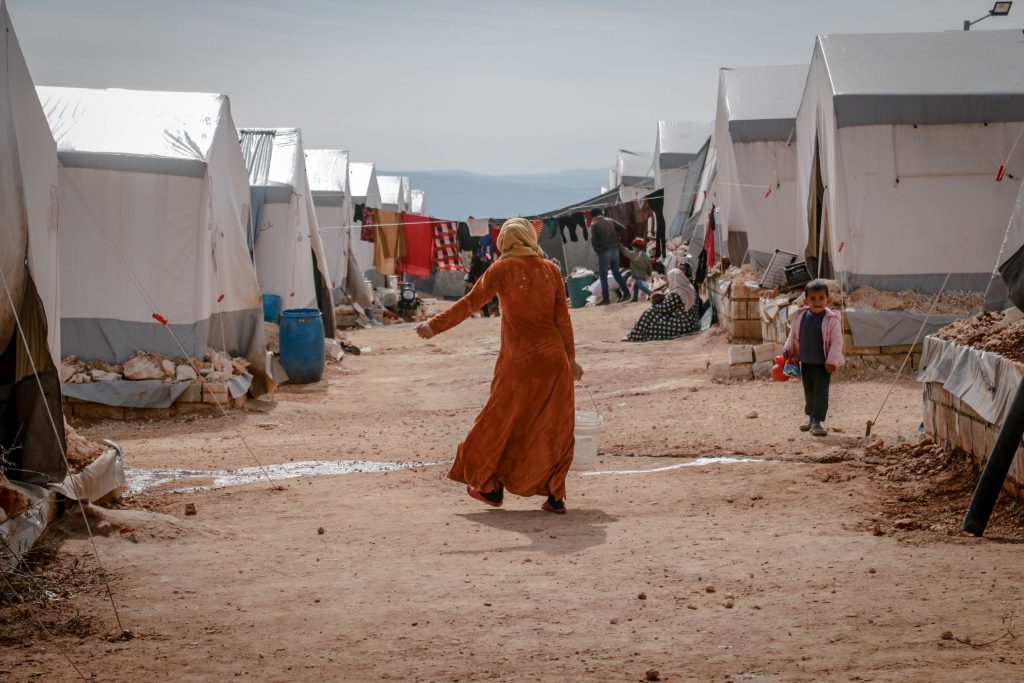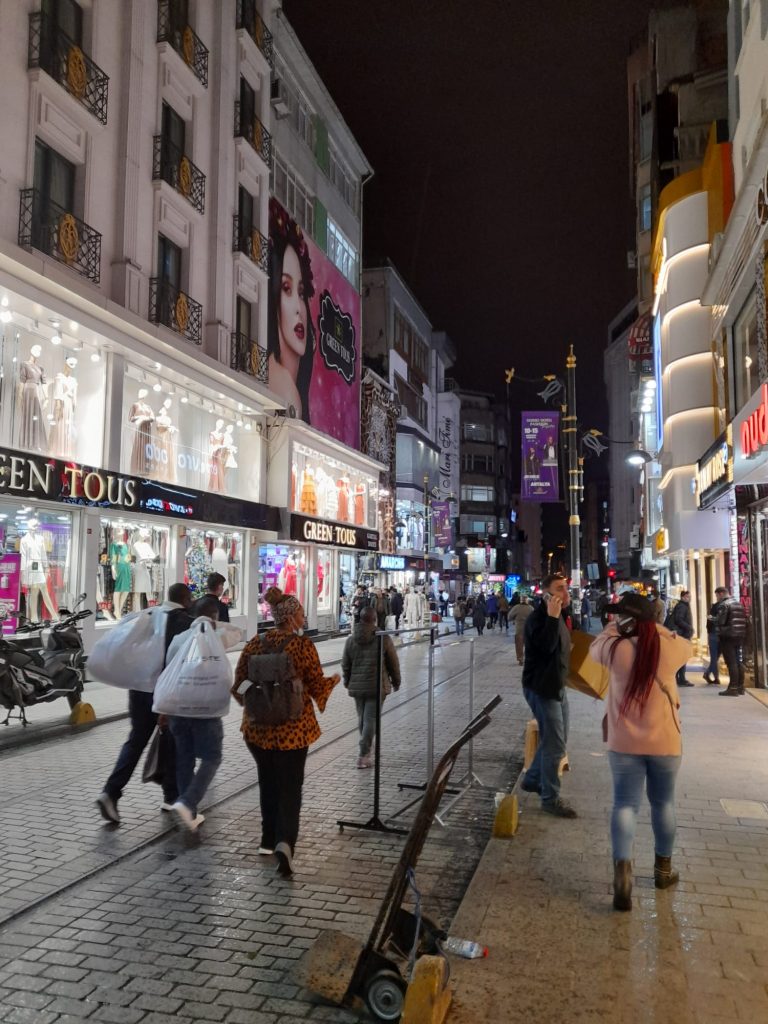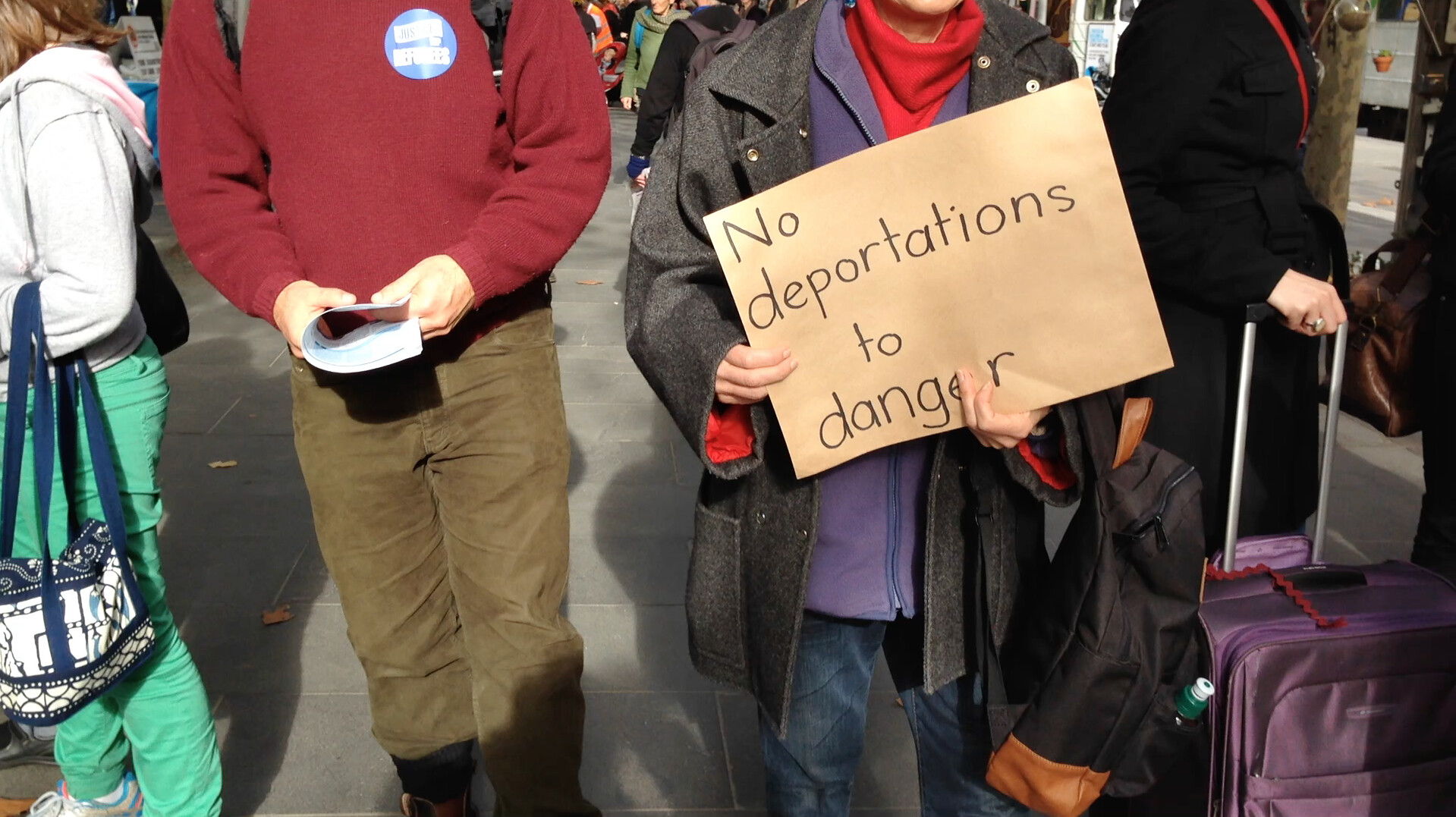About
Our vision
A world where forcibly displaced people are empowered, protected, and their voices heard.
Our mission
To conduct research to illuminate the challenges faced by forcibly displaced individuals—regardless of location, gender, sexual orientation, or gender identity—and exploring their survival strategies amid liminal conditions. We focus on gendered survival patterns and the repercussions for general health, sexual, reproductive health and rights, and mental health.
Liminality /ˈlɪmɪn(ə)l·ity/
Liminality is a state of being at a threshold or in a phase of transition between phases. In a forced displacement context, inter-structural liminality catapults people into prolonged periods of uncertainty about their legal status. They are separated from friends and families, and often in a protracted legal limbo. They remain out of place, with the idea of obtaining a new social and legal status a persistent preoccupation. Their legal rights, health, and security are all contingent and fleeting. To move between what was to what could be, displaced people are forced to navigate the liminal states and create strategies to survive.
The Liminality Research Consortium aims to capture the experiences of displaced people in their liminal states. Structural drivers can often create liminal positions that worsen socioeconomic and health conditions. In our research, we examine the challenges forcibly displaced people face during these overlapping liminalities and the strategies they use to meet the basic needs, including access to food, health, housing, and security, or realize their aspirations survive during their migration journey and in the host countries.
Context
In forced displacement, refugees, asylum seekers, and those in refugee-like situations experience severe challenges arising from intersecting liminalities. Food, housing, and income insecurity, family separation, social exclusion, are often compounded by xenophobia, homo- and transphobia and exacerbated gender inequalities. Despite heightened needs in these challenging conditions, individuals often encounter barriers and limited access to essential health care and social protection.


Research Overview
The Liminality Research Consortium currently leads two major multi-country research projects exploring the intersections of gender, displacement, and health.
The latest, Legal Liminality and Gendered Vulnerabilities: Repercussions for Queer People in Forced Displacement, investigates how “Vulnerability Criteria” used by humanitarian actors shape the rights, health, and well-being of queer refugees. Rooted in feminist and queer theory and guided by Grounded Theory, this study employs policy analysis, Photovoice, and interviews across Lebanon, Türkiye, Greece, and Switzerland. It aims to critically examine structural blind spots and co-create evidence for more inclusive, rights-based humanitarian responses.
Our first project, Survival Strategies and Health Repercussions in Forced Displacement, was the first multi-country, multi-disciplinary study focusing on transactional sex, exploitation, and abuse across gender and sexual orientations. Conducted in Lebanon, Jordan, Türkiye, Greece, and Switzerland, it explores the gendered drivers of transactional sex and its implications for sexual, reproductive, and mental health. Through diverse dissemination tools such as podcasts, films, and public engagement, the project seeks to challenge stigma, inform policy, and advocate for structural change.
Research Goal
Our goal is to inform inclusive policy, challenge marginalizing systems, and advocate for health equity and protection in humanitarian responses.
We aim to generate nuanced, community-rooted knowledge on the gendered experiences of forcibly displaced individuals, particularly queer refugees, and the structural conditions that shape their rights, health, and survival. .

